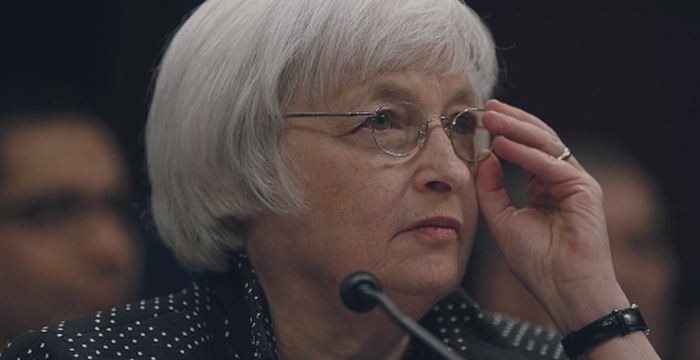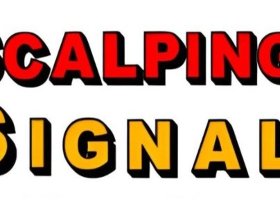Given attractive yields on the greenback and the strong progress of the US economy, investors' buying of the currency is expected to persist
Neal Kimberley PUBLISHED : Sunday, 22 March, 2015, 7:37pm
The US dollar should continue to rise, if at a slower pace, even though the Federal Reserve, while giving itself the option to raise interest rates, may choose to do so more slowly and perhaps go less high than markets had expected, and had been positioned for, before Wednesday's policy statement.
While dropping reference to the word "patient", thus opening the way for a rate increase, the Fed also dialled back on its projections for economic growth and inflation, indicating the central bank sees no reasons to raise rates as a matter of urgency. "Just because we removed the word 'patient' from the statement doesn't mean we're going to be impatient" to raise rates, said Fed chairman Janet Yellen, who later also alluded to the gains in the dollar as both having a "transitory" negative impact on US inflation and, partially, occasioning weaker export growth for the country. The net result was that markets, which were heavily long of dollars into the Fed's policy decision, had to run for cover, but the fundamental arguments in favour of the dollar remain.
Firstly, it is worth pondering what the Fed said about the dollar. By saying the strength of the dollar, at least in the short term, is bearing down on inflation, the Fed is saying the greenback is doing some of their job for them and so helping push back the moment when the central bank actually raises rates. Therefore, if the dollar were to fall from current levels, that could arguably bring forward the timing of a rate increase, which in turn would entice investors to buy dollars and capture the higher yields on offer.
On the other hand, if the dollar were to firm from here, the Fed might delay an actual rate increase, but Asian central bank reserve managers, taking just one example, could still lock into current US yields, which are far more attractive than returns on offer elsewhere and are infinitely preferable to paying for the privilege of parking euros with the European Central Bank, given the ECB's negative deposit rate. Other countries may also conclude that if the Fed is to stand still on a rate increase a while longer, then they have time to ease their own monetary policy in the interim, which would have the effect of strengthening the dollar against the domestic currency concerned. The Reserve Bank of Australia might be one central bank that takes that attitude.
The reality is that even if the Fed sits on its hands awhile, its current stance is already tighter, in relative terms, than that of the euro zone and Japan and offers others leeway to ease policy relative to the US. It is also hard to avoid the fact that US policymakers are talking up the country's economy, giving investors, who have been flocking into the dollar, even greater justification for their actions. "The strength of the dollar relative to other currencies reflects the weaker economic conditions in those countries compared with the US," said San Francisco Fed head John Williams on March 9. Yellen echoed that sentiment on Wednesday. "The strength of the dollar also in part reflects the strength of the US economy," she said.
The state of the economy was also a subject for Treasury Secretary Jack Lew, speaking a day before Yellen. "The economy continues to make considerable progress. By almost every metric, America has come a long way since the depths of the worst recession since the Depression," Lew told Congress on March 17. Given that US policy on the dollar is the actual responsibility of the Treasury, what is perhaps even more striking from Lew's testimony is the complete absence of disquiet concerning the currency's strength. Presumably, therefore, despite the dollar's rise in the past few months, Lew continues to stand by the position he expressed in January. "I have been consistent in saying, as my predecessors have said, that a strong dollar is good for the US. If you look at the US economy right now, the truth is our economy is performing quite well," he said on January 26.
All things considered, the dollar still looks a good bet.



